Hera
View All Tags
One of Hera’s key duties was to maintain the harmony and sanctity of marriage, a theme that runs throughout many of her myths. Despite her association with marriage, Hera’s own relationship with Zeus was often fraught with tension. Zeus’ numerous infidelities and affairs with mortal women and goddesses caused Hera great jealousy and anger, leading her to take vengeance on both her husband’s lovers and their offspring. Her jealousy was a recurring theme in mythology, and her actions, such as persecuting Heracles (the son of Zeus and the mortal Alcmene) and other illegitimate children, were rooted in her desire to uphold her authority as the goddess of marriage and family. This complex relationship between Hera, her husband, and her divine role reflects the tension between idealized family life and the chaotic nature of the gods themselves.
As the goddess of childbirth, Hera was also called upon by women during labor to help ensure safe delivery. She was thought to protect mothers and their children during pregnancy and the early stages of life. This role was vital in a society where childbirth was often dangerous, and the goddess’ intervention was believed to provide divine protection and guidance. Hera’s influence extended beyond the individual, as she was also considered a patroness of the social order and the well-being of the polis, especially in the context of family life, which was seen as the foundation of society.
In addition to her domestic and familial duties, Hera was also a protector of the moral order and the proper relationship between the gods and humans. She played an active role in many mythological narratives, often intervening in human affairs to enforce justice or to punish those who had transgressed. For example, in the myth of Io, a mortal woman loved by Zeus, Hera’s jealousy led her to turn Io into a cow and torment her with a gadfly. Similarly, Hera’s role in the Trojan War, where she actively participated in both aiding the Greeks and punishing Paris for his judgment, showcased her involvement in maintaining divine justice and order, even in the chaotic world of the gods.
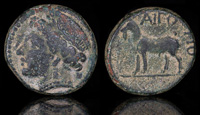
Aigiospotamoi, Thrace 4th cen BCE
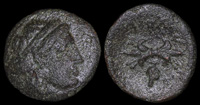
Aioleion, Troas 330-280 BCE
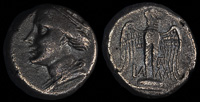
Amisos, Pontos 435-370 BCE
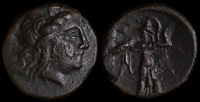
Argos, Argolis 280-260 BCE
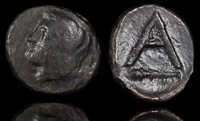
Argos, Argolis 400-350 BCE
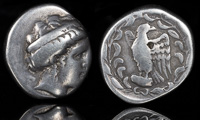
Elis, Olympia 111th Olympiad 336 BCE
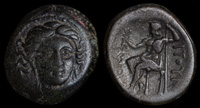
Gomphoi-Philippopolis 4th-3rd cent BCE
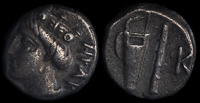
Klearchos 364-352 BCE
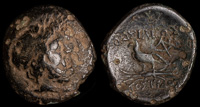
Mostis 139-101 BCE
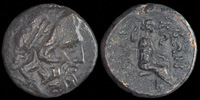
Perrhaebi, Thessaly 300-200 BCE
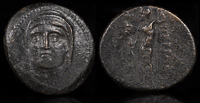
Perrhaiboi, Thessaly 400-344 BCE
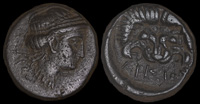
Samos, Ionia 310 BCE

Samos, Ionia 408-380 BCE
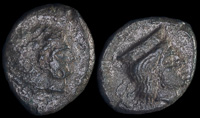
Thermai Himeraiai, Sicily 367-330 BCE
